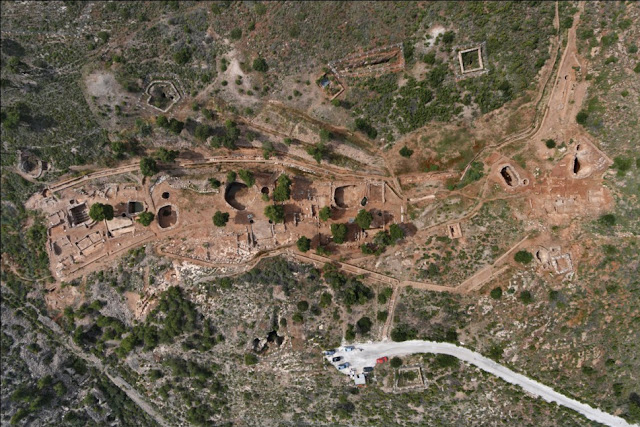Many historians have dealt with the “what if” question: What would the history of humanity have looked like if the outcome of the Battle of Salamis had been different. However, history is not written with “what ifs.”
The priestess Aristonike, with her famous second oracle, pointed to the solution for the Athenians: According to Herodotus, she said, “The wooden wall will be a salvation for you and your children, it will remain impregnable.” It took Themistocles’ bright mind, however, to convince the Athenians that the “wooden wall” did not refer to the old Acropolis fortification, but their fleet.
At the time of the Battle of Salamis, democracy in Athens was less than 30 years old. A Persian victory would have had an immense cultural effect both in the West and around the world. It would have changed the course of history significantly.
To write this significant page in Greek history, more was needed than the self-abnegation of the participants and Themistocles’ brilliance. And that was luck.
One significant variable that proved decisive for the Greeks, defenders of the West against the Persians, was the discovery in 483 BC of a significant deposit of silver in Maroneia (today Kamariza, west of the town of Lavrio). Themistocles, through his “Naval Law,” convinced the Athenians to give up their share of the silver found (10 drachmas each, about half a month’s wages for a craftsman) to fund the construction of 200 triremes for a “national cause.” The 200 triremes were among the 378 fielded by all Greeks taking part in the Salamis naval battle.
Without this “silver vein,” nothing would have been the same in this Athenian “Golden Age.” With the money from the Lavrio mines, Athens was saved.

















